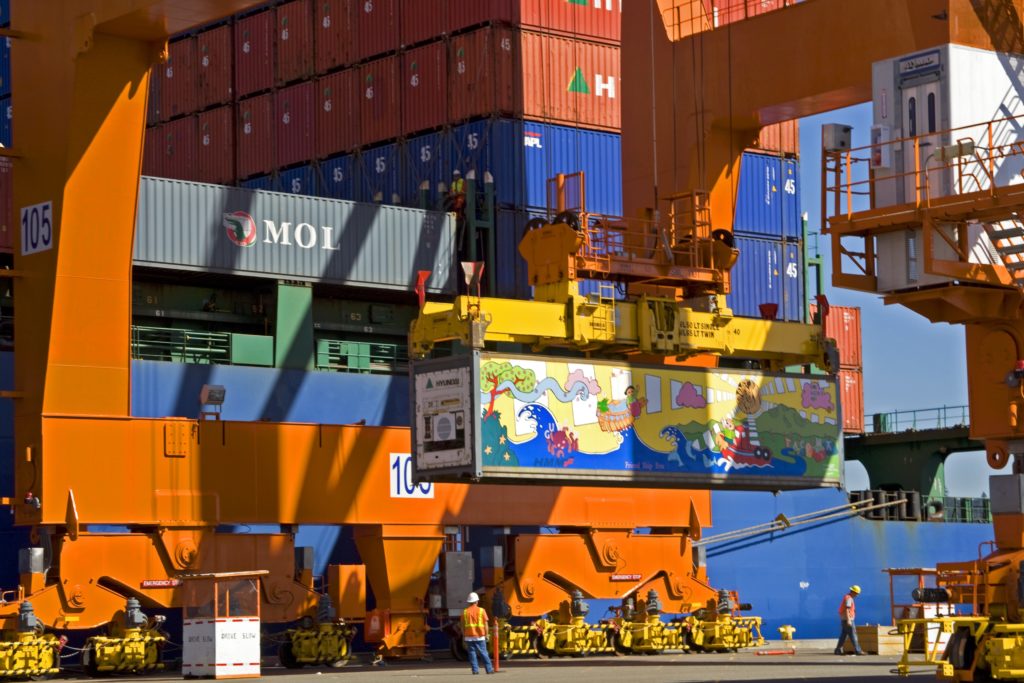The Peninsula
2022 in Review: 10th Anniversary of the KORUS FTA and Future of U.S.-Korea Economic Relations

This is the seventh piece in a series looking at how the issues identified in KEI’s annual “10 Issues to Watch for on the Korean Peninsula” series and other issues of note developed in 2022. The original “10 Issues” piece can be found here.
In 2022, the United States and South Korea marked the 10th anniversary of the KORUS FTA. At the time of its implementation a decade ago, the KORUS FTA represented the most advanced FTA the United States had concluded and arguably outside the renegotiated KORUS FTA it remains so today.
Over the last decade, the United States and Korea have both benefited from the KORUS FTA with total trade in goods rising 68 percent to $169.1 billion in 2021. U.S. goods exports to Korea grew by 64 percent, while Korea’s exports to the United States grew by 71 percent.
Prior to the agreement’s implementation, there had been concerns about U.S. exports of beef and autos. Both of those sectors have also done well under the KORUS FTA. Exports of U.S. beef to Korea grew from $525 million before the implementation of the KORUS FTA to $1.1 billion in 2021, while exports of U.S. autos expanded from $347 million in 2011 to $3.5 billion.
The economic relationship between the U.S. and Korea also began to change over the last decade as the U.S. listed a ban in the export of crude oil and develop export terminals for LNG. Prior to the FTA, machinery and electrical parts were the most significant U.S. export to Korea, but by 2021 energy exports had grown to $18 billion and become the largest U.S. export to Korea.
The past year has also seen changes that will shape the future of U.S.-Korea economic relations. At a summit meeting between U.S. President Joe Biden and new South Korean President Yoon Suk Yeol, the U.S. and South Korea reaffirmed their commitment to cooperate in areas of advanced technology such as semiconductors, EV batteries, AI, quantum computing, and biotechnologies. The U.S. Congress also passed legislation that will impact U.S.-Korea trade in EVs and semiconductors with the Inflation Reduction Act and the CHIPS and Science Act.
While both pieces of legislation impact key Korea industries, the Inflation Reduction Act has significantly increased tensions between the United States and South Korea. As a key part of U.S. efforts to address climate change, the Inflation Reduction Act significantly expands U.S. investments in clean energy. However, it also does so by creating new requirements for EV tax credits that are discriminatory towards South Korea. For consumers to be eligible for the $7500 EV tax credit, vehicles must now be built in North America. While Hyundai and Kia have announced their intent to build an EV assembly plant in the United States, it will not be operational until 2025.
In addition to the assembly requirement, the Inflation Reduction Act beginning in 2023 places new restrictions on the mineral and parts content of EV batteries that are necessary for vehicles to be eligible for the tax credit. This will require Korean EV battery producers to adjust their supply chains to eliminate their dependence on these key inputs from China and shift their sourcing to U.S. FTA partners.
The Chips and Science Act, along with increasing U.S. export controls, is the second piece of major U.S. legislation impacting U.S.-Korea economic relations. The CHIPS Act is designed to spur investment in U.S. semiconductor production through investment subsidies. However, the Act also requires companies that accept the U.S. subsidies from refraining to expand their production of advanced semiconductors (28 nanometers or less) in China. In combination with new U.S. export controls designed to prevent China’s development of advanced semiconductors, AI, and supercomputing, U.S. policy on semiconductors is further shaping Korea’s ability to maintain its semiconductor investments and do business in China.
Troy Stangarone is Senior Director and Fellow at the Korea Economic Institute of America. The views expressed here are the author’s alone.
Photo from the Port of Tacoma’s photostream on flickr Creative Commons.
